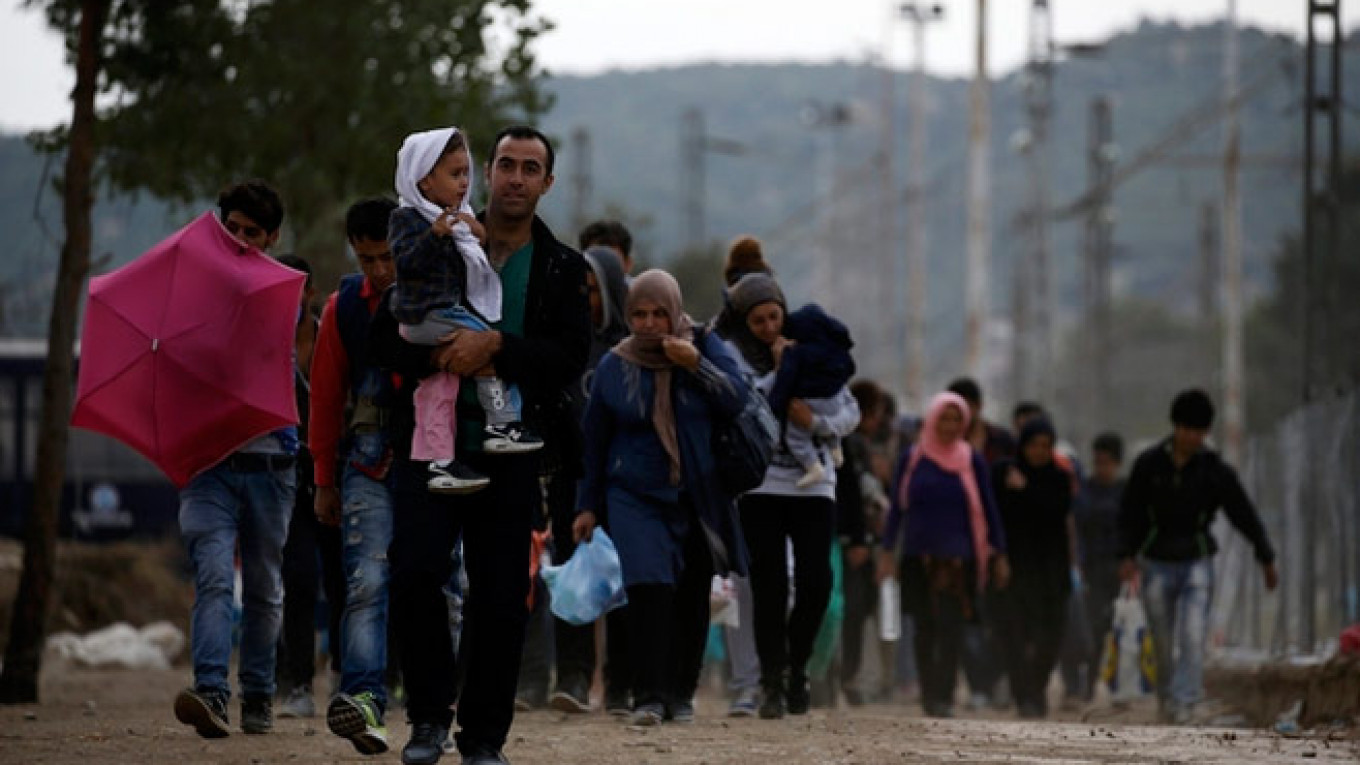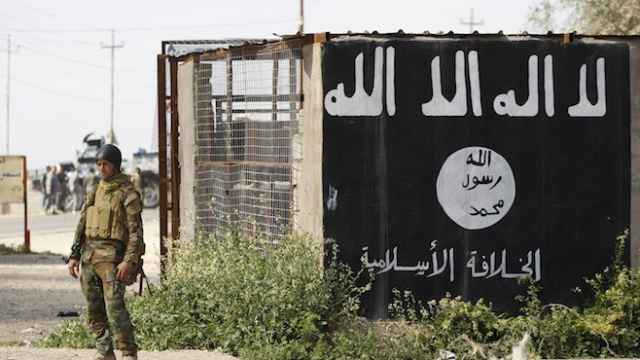Слова́ го́да: words of the year
 Michele A. Berdy
Michele A. BerdyEvery year linguists, academics and lovers of language vote on several categories of words of the year: слово года (word of the year); выражение/фраза года (expression or phrase of the year); антиязык (anti-language — propaganda, lies, hate speech); and авторский неологизм года (authorial neologisms of the year). The last category is filled with made-up phrases and words designed to both characterize the year — and show off that fabulous, undying Russian word wit.
This year, alas, the first three categories are grim.
The word of the year for 2015 is беженцы (refugees). While people everywhere in the world have their own understanding of why refugees leave their countries and how — and where — they should be resettled, we do all agree that 2015 was, very sadly and tragically, the year of the refugee.
Next on the list came the very Russia-specific санкции (sanctions); антисанкции (anti-sanctions), and the luscious санкционка (slangy forbidden food). Third of the list was simply война (war), which is so depressing I can't stand it.
The top three expressions or phrases of the year also make me want to weep: Немцов мост (Nemtsov Bridge, the proposed new name for the bridge Boris Nemtsov was assassinated on); ИГИЛ — запрещенная в России организация (ISIS, an organization banned in Russia); and атмосфера ненависти (atmosphere of hatred). See above for commentary.
There were some funny entries, like Битва холодильника с телевизором. Кто победит: холодильник или телевизор? (In the battle between the refrigerator and the TV, who will win?) — which is something like the Russian equivalent of "voting with your wallet," only involving the reality of food shopping and the unreal world of Russian TV propaganda.
In the hate-speak category, the top winner is Обама — чмо (Obama is a schmuck), something you can find scrawled on walls and etched on car windows throughout Russia, because никогда россияне не жили так плохо, как при Обаме (Russians have never lived worse than under Obama). Yes, people really say that; see above, "unreal world of Russian TV propaganda."
Next up is вата, ватник (literally cotton batting and a quilted coat), slang words for the great unwashed masses of Russia, the kind of folks who believe the TV (see above) and are happy if there's vodka, bread and pickles in the fridge. And in third place is вашингтонский обком (literally Washington Regional [Party] Committee) —a mythical group of people in the U.S. capital who make decisions to rule the world. Really. Because you can't make this stuff up.
And now, before the headache I'm working on explodes, here are some of the best made-up words of the year. The first place winner is the touching бессмертный барак (immortal barracks), which was coined for a movement to remember the people repressed under the Soviet regime to match бессмертный полк (immortal regiment) — a movement to remember people who died in the war of 1941-45.
I adore the clever соцсед, соцседка (net-neighbor, male and female) — friends on social media. And I like нипричёмыши — to whom it does not concern, i.e. people who don't get involved in anything since whatever's going on has nothing to do with them. This is the silent majority, Russian style.
Finally, there is лайчущий — жаждущий лайков (someone craving лайки — likes — on Facebook).
No matter what you crave in the new year, here's hoping that you get it!
Michele A. Berdy, a Moscow-based translator and interpreter, is author of "The Russian Word's Worth" (Glas), a collection of her columns.
A Message from The Moscow Times:
Dear readers,
We are facing unprecedented challenges. Russia's Prosecutor General's Office has designated The Moscow Times as an "undesirable" organization, criminalizing our work and putting our staff at risk of prosecution. This follows our earlier unjust labeling as a "foreign agent."
These actions are direct attempts to silence independent journalism in Russia. The authorities claim our work "discredits the decisions of the Russian leadership." We see things differently: we strive to provide accurate, unbiased reporting on Russia.
We, the journalists of The Moscow Times, refuse to be silenced. But to continue our work, we need your help.
Your support, no matter how small, makes a world of difference. If you can, please support us monthly starting from just $2. It's quick to set up, and every contribution makes a significant impact.
By supporting The Moscow Times, you're defending open, independent journalism in the face of repression. Thank you for standing with us.
Remind me later.








